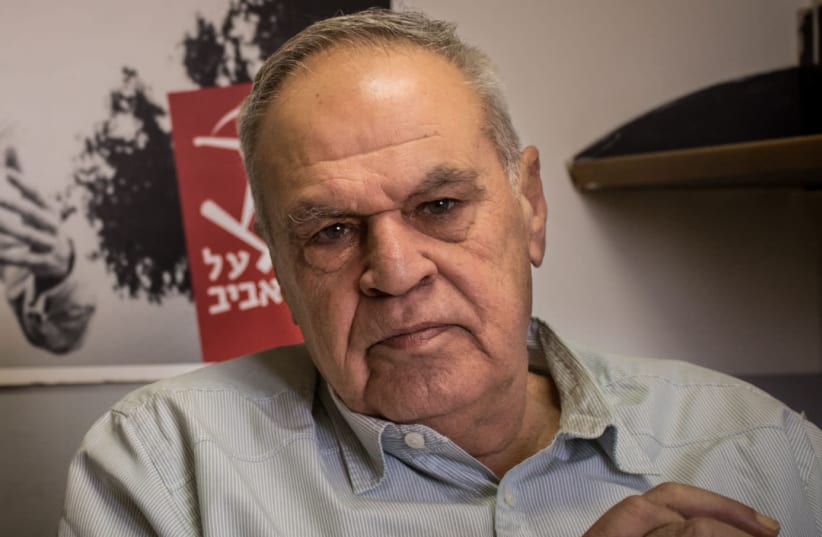Daniel, who died that day at the age of 73, was a well-known military reporter and analyst for Channel 12 News, which was previously known as Channel 2, the first Israeli commercial channel.
That evening, all three major TV channels dedicated a respectable amount of airtime to Daniel’s death, which included rare television moments in which journalists from different channels appeared on their rival’s screen, sharing their memories of Daniel.
Daniel was an old-fashioned journalist, the kind you rarely see these days. He was thorough, committed, and viewers could easily see how emotionally invested he was in the field he was covering.
He was known for his professionalism and his readiness to risk his life while joining forces on the battlefield. During Operation Cast Lead in 2009, he refused to abandon his broadcasting post despite alerts of missiles about to land near him.
Some might say that three stations dedicated lengthy coverage because Daniel was one of them. He had worked with Channel 12 for the past 28 years, and before that, he was with the Israel Broadcasting Authority (now KAN).
But it wasn’t only them. Prime Minister Naftali Bennett, Defense Minister Benny Gantz, President Isaac Herzog and other senior politicians issued statements about Daniel. People all over social media praised him – not only for his professionalism, but also because of who he was.
Daniel was born in Iraq in 1947, made aliyah and lived on a kibbutz in the North, where he was a simple farmer. Later, he joined the IDF and became a battalion commander.
His kibbutz, Maoz Haim, was part of a faction in the old Israeli Labor movement called Ahdut HaAvoda, which believed in strengthening the IDF while at the same time being open to political-diplomatic concessions that would advance Israel’s security.
Daniel personified the ultimate Israeli and was a classic example of David Ben-Gurion’s melting pot.
He never talked about his country of origin. In his analyses in the studio, he never allowed himself to be dragged into the tribal discourse that has dominated the country over the last decade.
He was always the voice of reason. When he felt that the IDF was not doing enough – or not aggressive enough – he called for action. During the peak of the Elor Azaria (Hebron shooter) episode, when he saw that the soldier was receiving support from top politicians, he came out against it and condemned this approach by some of the nation’s political leaders.
He never spoke out against leftists, settlers, or any other group which together create Israel’s colorful mosaic.
And maybe this is what this country needs.
In recent years, we have witnessed a widening rift between Israel’s various groups.
An example of this was the first and second waves of the corona crisis when secular people blamed haredim and complained about the open synagogues and mikvaot (ritual baths). In return, haredim and right-wingers blamed the secular Israelis who flew abroad or participated in the protests against former prime minister Benjamin Netanyahu.
Also among politicians, this divisive discourse became their bread and butter.
Likud MK David Amsalem recently started a harsh campaign against Ashkenazim and used derogatory words to describe the current government.
Daniel’s death is a tragic event not only because Israel lost a great journalist, but also because it is a sign of the end of an era, in which Israelis wanted to be Israelis.
He belonged to a generation that wanted to erase the past and create a new Israeli, one who is willing to sacrifice his life for the people and the country.
Israel, surrounded by enemies, cannot survive if it is divided into small groups that see only their narrow interests. Daniel stood for a different Israel, one that is united and sees what connects rather than what divides.
May Roni Daniel rest in peace, and may we Israelis learn from his example.
